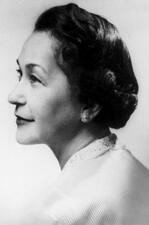Philanthropy and Volunteerism: Philanthropy
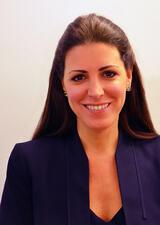
Sivan Borowich-Ya'ari
Britain: Nineteenth and Twentieth Centuries
Since being allowed to resettle in 1656, Jews in Great Britain have established deep community ties throughout their diverse community. Class differences between early Sephardic settlers and the later wave of Ashkenazi immigrants gave rise to numerous Jewish charitable organizations, in which women played a key role.

Saidye Rosner Bronfman
Saidye Rosner Bronfman was a first-generation Canadian who used her wealth to benefit numerous Canadian Jewish organizations and philanthropies. Beginning in 1929, she served as the president of Montreal’s Young Women’s Hebrew Association for six years. In 1943 she was recognized by the British Empire for her philanthropic contributions to the war effort.
Shifra Bronznick
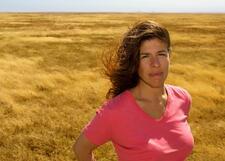
Danielle Butin
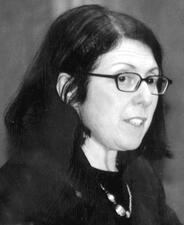
Canada: From Outlaw to Supreme Court Justice, 1738-2005
The positive aspect of the Canadian mosaic has been a strong Jewish community (and other communities) which nurtured traditional ethnic and religious values and benefited from the talent and energy of women and men restrained from participation in the broader society. The negative aspect has included considerable antisemitism and, especially for women, the sometimes stifling narrowness and conservatism of the community which inhibited creative and exceptional people from charting their own individual paths.

Hannah Floretta Cohen
Hannah Floretta Cohen was the first woman president of Britain’s traditionally male Jewish Board of Guardians for Jewish Poor Relief. She also promoted many other Jewish and non-Jewish charitable organizations to promote women's education, to benefit the sick and the elderly, and to encourage investment in the Palestine Mandate, through her public speaking, financial expertise, and administrative skills.
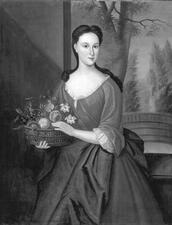
Colonial Period in the United States
Jewish women in colonial America led varied lives, with some occupying traditional roles as mothers and wives and others remaining single. Some ran their own businesses and others worked as servants for Jews with more money. Both in and out of the synagogue, women played a crucial role in early American Jewish communities.
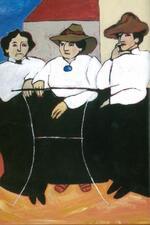
Etta Cone
Ellen Odetta Cuffe

Jamie Lee Curtis
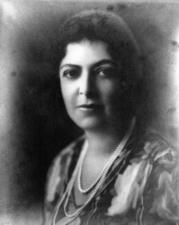
Helen DeRoy
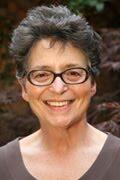
Barbara Dobkin
Barbara Berman Dobkin is the pre-eminent Jewish feminist philanthropist of the end of the twentieth and beginning of the twenty-first century. Her vision, dedication, and philanthropic generosity have transformed the landscape of Jewish women’s organizations and funding in both North America and Israel.
Sylvia Goulston Dreyfus
Sylvia Goulston Dreyfus worked to improve Boston both through community activism and through her support of art and music. Along with being president of the Hecht Neighborhood House, she was trustee of the New England Conservatory, worked on the Berkshire Music Festival, and served as honorary chair of the Palestine Orchestra Fund.
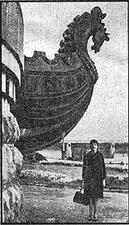
Joanna Eckstein
Hannah Bachman Einstein
Ruth Lewis Farkas
Ruth Lewis Farkas’ remarkable and varied career ranged from creating a retail chain that survived the Great Depression, to teaching sociology, to running international education initiatives. Her impressive and full life spanned many occupations: educator, sociologist, businesswoman, philanthropist, inventor, wife, and mother.
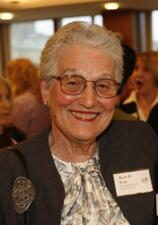
Ruth Breslau Fein
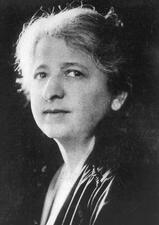
Mary Fels
Mary Fels used her wealth and her talents to further the Zionist cause, arguing passionately for a Jewish state and helping create both settlements and industry in Israel. Both Fels and her husband, a successful soap manufacturer, felt their wealth gave them a responsibility to reform capitalism and use their money for philanthropy.
Jane Brass Fischel
An outstanding communal leader in New York City’s Orthodox Jewish community in the early twentieth century, Jane Brass Fischel was a generous philanthropist and active participant in Jewish communal activities.
Marjorie Fisher
Edith Flagg
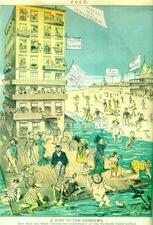
Bertha Rayner Frank
Stella Heinsheimer Freiberg
